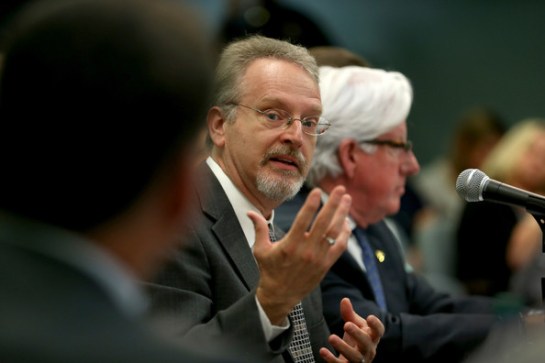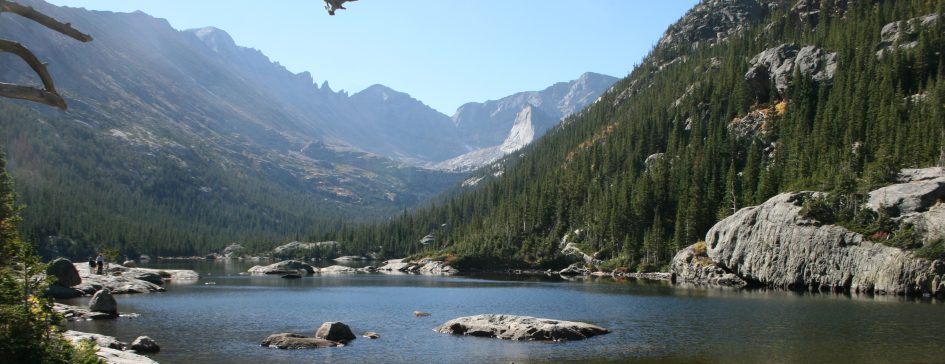
In my last blog I introduced our ethics project we hope to make progress on. But here is one of the interesting questions, especially in Florida. I could not find any actual laws or rules issues here, but it is increasingly common for big engineering contracts to have lawyers, lobbyists, etc. get involved in what is intended to be a qualifications based selection process? There is an interesting issue raised in 287.055 FS (CCNA) where the legal intent is that governmental agencies “shall negotiate a contract with the most qualified firm for professional services at compensation which the agency determines is fair, competitive, and reasonable.” Most states use credentials and qualifications for selection as opposed to cost, because the lowest cost may not get you the best job. You want people doing engineering that have experience with the type of project you are doing. This has come up to me with storage tanks, membrane plans, deep wells, etc. You want someone that has done it before, not someone who is cheaper but hasn’t. There is too much at risk.
In addition the statute is fairly specific about contingent fees (as are most states):
Ch 287.055 (6) PROHIBITION AGAINST CONTINGENT FEES.—
(a) Each contract entered into by the agency for professional services must contain a prohibition against contingent fees as follows: “The architect (or registered surveyor and mapper or professional engineer, as applicable) warrants that he or she has not employed or retained any company or person, other than a bona fide employee working solely for the architect (or registered surveyor and mapper, or professional engineer, as applicable) to solicit or secure this agreement and that he or she has not paid or agreed to pay any person, company, corporation, individual, or firm, other than a bona fide employee working solely for the architect (or registered surveyor and mapper or professional engineer, as applicable) any fee, commission, percentage, gift, or other consideration contingent upon or resulting from the award or making of this agreement.” For the breach or violation of this provision, the agency shall have the right to terminate the agreement without liability and, at its discretion, to deduct from the contract price, or otherwise recover, the full amount of such fee, commission, percentage, gift, or consideration.
So here is the question: As the public becomes more aware of these types of political lobbying activities, does it move the perception of engineers away from a profession and more towards profession toward developers, lawyers and others who are often seen as less ethical than perhaps engineer, doctors, educators, and scientists? And if so, is this good for either the engineering profession or the local governments (and their utilities) involved in the selection process? The comment that “that’s how business get done” is not an acceptable argument when the priority purpose of engineers, and utility operators is the protection of the HEALTH, SAFETY AND WELFARE OF THE PUBLIC. Somehow I think the politicizing of engineering contracts does not help our profession. Looking forward to your thoughts.


